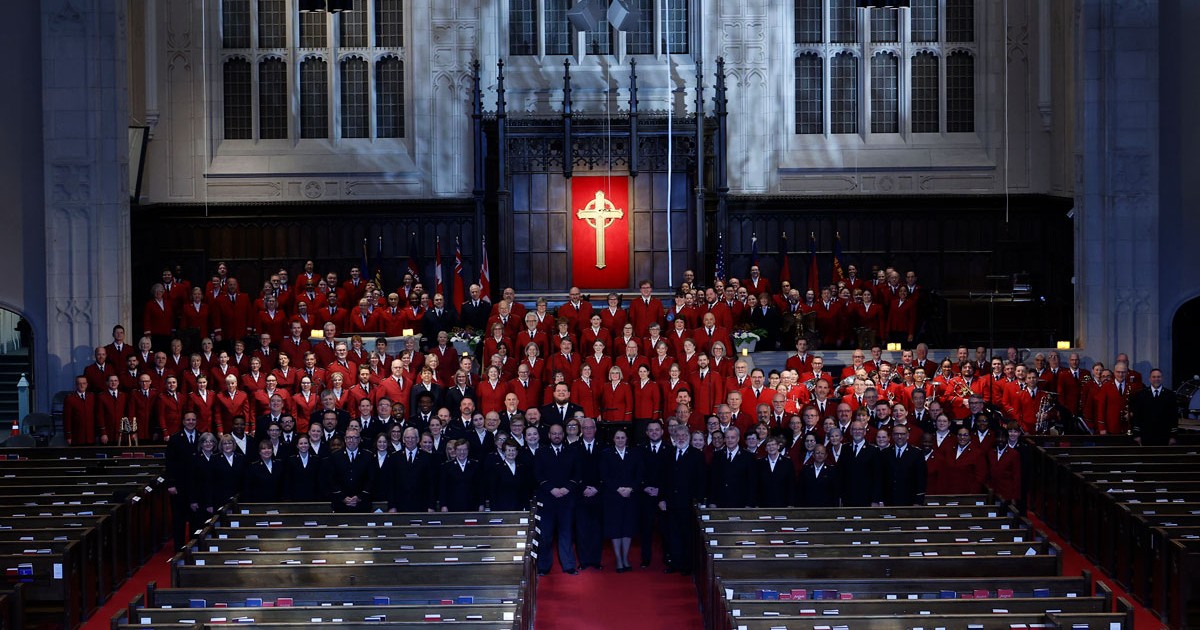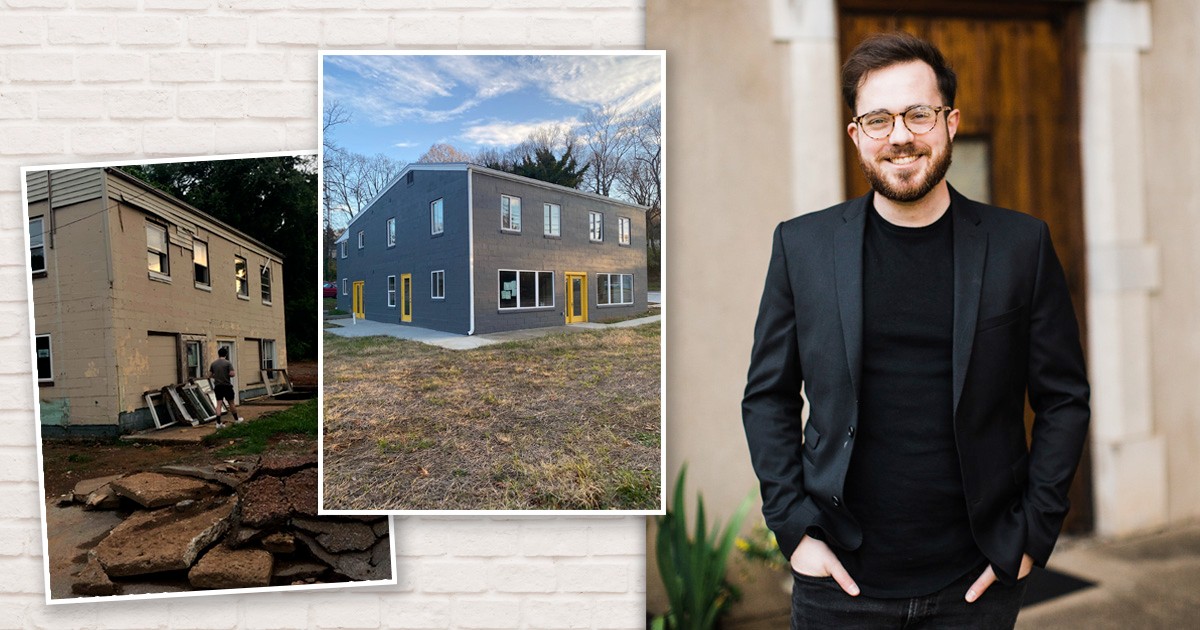 Juanita Irizarry is the institute director for the Christian Community Development Association (CCDA). Growing up as a person of Puerto Rican descent in inner-city Chicago, she is an outspoken advocate for race relations, affordable housing and economic development. Her organization helps churches across North America move from simply doing charity work to thinking about holistic ministry in the community. Irizarry spoke with Major Geoff Ryan at The Salvation Army's Urban Forum 2009 in Cleveland, Ohio.
Juanita Irizarry is the institute director for the Christian Community Development Association (CCDA). Growing up as a person of Puerto Rican descent in inner-city Chicago, she is an outspoken advocate for race relations, affordable housing and economic development. Her organization helps churches across North America move from simply doing charity work to thinking about holistic ministry in the community. Irizarry spoke with Major Geoff Ryan at The Salvation Army's Urban Forum 2009 in Cleveland, Ohio.
What's your experience of The Salvation Army?
Early in my ministry and career I worked for a small community organization that took students from Christian colleges to visit different urban ministries in Chicago, including Salvation Army homeless shelters. What stands out most in my mind is that the Army is helping the most disadvantaged and under-resourced people in our community.
 How is The Salvation Army connected with CCDA?
How is The Salvation Army connected with CCDA?
Last year, our team worked with the Army in Toronto to conduct a CCDA Institute. It's exciting to see The Salvation Army in Canada moving beyond charity to thinking about community development. This includes Christians relocating to inner-city neighbourhoods and living incarnationally as the presence of Christ. Most of the evangelical community has moved out to the suburbs to pursue lives of comfort—still providing services, but not living among the poor.
How have recent economic challenges affected the people you work with?
This economic crisis is getting a lot of attention because it is hitting the middle class, but the poor were experiencing this kind of crisis long before this recession hit. In some ways, the stock market is irrelevant to the “last and least” in our society. However, I think more middle-class Christians are now thinking about economic injustice, because they are feeling it in their own pocketbooks. Economic crises are key opportunities to revisit old models or create new models to address structures that no longer work.
What did the election of America's first black president mean to you?
I think that President Barack Obama has done a good job of saying that he's not just the president for black people, but for everyone. I don't think that means race issues in America are behind us, but we have made progress.
There are still many who remember the day when they couldn't get served in a restaurant because of their skin colour. Now they see someone who looks like them running the country. That's huge. And even though in the midst of day-to-day struggles it feels like it took a long time, it's really been relatively short in terms of the rights movement.
Most Christians are not even thinking about which neighbourhood God wants them to live in
I think Obama gives hope to inner-city minority kids who never could have imagined people who look like them in places of power. I think he gives hope that anyone can make it. It used to be that fewer minorities voted because they couldn't see any positive benefit from their participation in the system. I believe Obama's election helped change that.
Is Obama more attuned to social justice? Does his faith stance satisfy those Christians on the political left who have a concern for the poor?
Much of Obama's message has been to the middle class, so we have to make sure that he also stays focused on the poor. The accountability piece is always important. I think Obama's election indicates some progress around the idea of being a Christian and being able to think beyond the traditional right and left divide.
What has really changed is the growing number of Christians who have decided that there are a lot of other issues beyond the traditional battles over abortion and gay rights. There are justice issues for the poor and disadvantaged as well. They are things that Jesus would care about.
As the wealthy begin to repopulate the inner city, how does that impact community development?
More and more, poverty is emerging in suburban communities. Ultimately, our community development model is about serving under-resourced communities wherever they are. When we call people to relocate, it may mean moving into the suburbs. In other cases, it means working with Christians who've lived for years in those same suburbs and who now realize that their neighbours are all ethnic minorities. How do we get Christians to engage with the immigrants who have moved in and now are their neighbours?
The other big issue is gentrification—the rich moving back into the city and pushing out the poor. I have lived in the same inner-city neighbourhood in Chicago my whole life. I have been challenged as to what God's call is on my life particularly. Is it to move along with my Latino neighbours as they are pushed out of the community? Is it to stay in my neighbourhood and work on reconciling new yuppie neighbours with long-time Puerto Rican residents, new Mexican immigrants and African-Americans who've moved in from other parts of the city?
I believe in listening for God's call in these situations. Unfortunately, most Christians are not even thinking about which neighbourhood God wants them to live in. They just plant themselves wherever they're comfortable and then ask God to help them bloom. Instead, we should be asking God where he wants us to be planted.









This may suggest that we've settled the debate and decided that incarnational ministry is a good thing. If we agree that it is a good thing, the next question we must ask ourselves is, are we doing it? Are we living incarnationally? Do we feel so passionate about reaching lost souls for the gospel that we're willing to relocate to those neighbourhoods that need the light of God the most? Perhaps it's easy for me to say this. Being an officer, my house is located in the community that I'm witnessing - a mere stone's throw away from the corps - a corps that is located in a neighbourhood that desperately needs the gospel of Christ. But as a soldier, adherent, lay person, or whatever, would I be as willing to relocate to a community that I believe God is calling me to? I pray that we can encourage each other to think upon these things together.